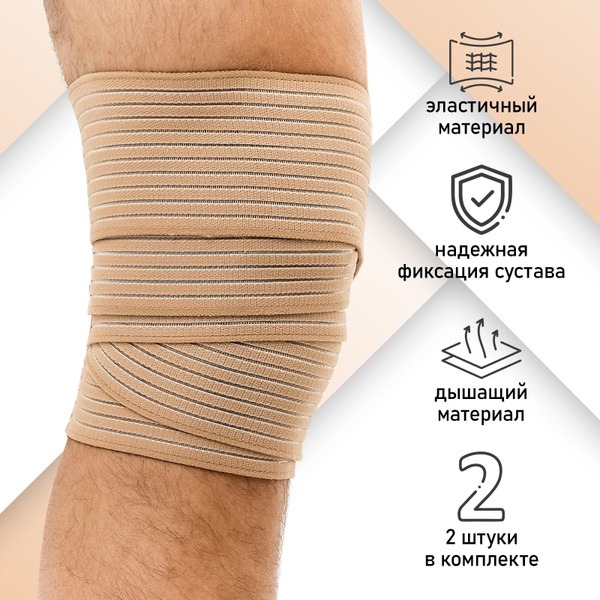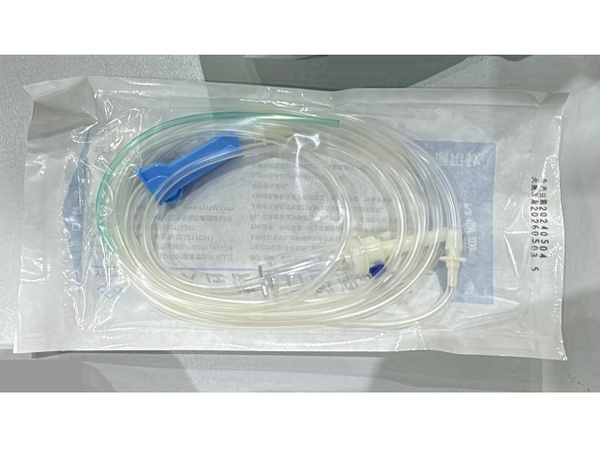Discover the |
GlobalHealingWeb empowers clinics, pharmacies, and patients with rapid access to verified medicines, integrative therapies, and precision supplements. Every product is vetted, temperature-controlled, and available for worldwide delivery.
Pharmacist curated
Every product is verified against EU and US pharmacopoeia standards.
Cold-chain ready
Controlled logistics for temperature sensitive medicines worldwide.
Secure sourcing
Direct relationships with manufacturers and licensed distributors.
Patient-first support
Clinical team assists with substitutions, dosage checks, and regimens.
Category Intelligence
Leading therapeutic categories this month
Our inventory engine analyses 144,659+ medicines to highlight categories with the highest availability, patient demand, and replenishment velocity.
Basic Medications
Discover rigorously sourced treatments within Basic Medications.
Eyeglass Accessories
Discover rigorously sourced treatments within Eyeglass Accessories.
Herbal Remedies
Discover rigorously sourced treatments within Herbal Remedies.
Syringes/Infusion Sets
Discover rigorously sourced treatments within Syringes/Infusion Sets.
Curated treatments
Pharmacy-grade collections to explore
Handpicked assortments highlight seasonal therapies, preventative care, and high-efficacy regimens sourced by our clinical team.
Everyday essentials
Basic Medications
Trusted generics, over-the-counter remedies and essential medications for common conditions — 106.3K+ reliable formulations kept in stock for rapid dispatch.

ONLYTOP Knee Support Bandages (2 Pack), Beige
$9

Swiss Bork CABB Metabolism Support Complex
$59

Silk Inn Intimate Lubricant: Water-Based, Chamomile, 200ml
$19

Kids' Liquid Vitamins Calcium, Iron, Zinc - Bai Yun Shan (10 x 10ml)
$39

Lutein Gummies for Eye Health: Antioxidant Support (Tiens)
$39

Dog Hair Knee Warmers & Orthopedic Knee Brace for Pain Relief
$19

Adult Umbilical Support Bandage GP-20, Size M
$69

Krait D-130 Posture Corrector: Black (28-30 inch Chest) - Back Support Brace for Improved Posture
$69

Plantar Fasciitis Socks: 3-Strap Support for Heel Spur Pain Relief
$29

Women's Posture Corrector Bra - Krayt #2, Black
$69

Camel Wool Knee Support: Warm Orthopedic Knee Brace for Pain Relief
$19

Pelvic Binder for Symphysis Pubis Dysfunction
$69

Back Posture Corrector D-130 #3 Black (29.5-31.5 inches)
$69

Ottobock Dyna Ankle 50S1 Left Ankle Brace, Sizes 35-37
$259
Optical accessories
Eyeglass Accessories
Frames, cases, lens care and fittings crafted for comfort and durability — 10.5K+ accessories to protect and personalise your eyewear.

Microfiber Cleaning Cloth for Glasses & Optics
$9

GUESS 2948 074 56 Women's Eyeglass Frames
$219

Twinset VTW008 Shiny Black Eyeglass Frames
$189

70cm Eyeglass Chain Holder with Decor
$9

Polaroid PLD D493 807 Eyeglasses Frames
$209

Polaroid D492 LHF Eyeglass Frames
$219

Pepe Jeans Topaz 3475 C6 Eyeglass Frames
$219

Polaroid D475/G LOJ Eyeglass Frames
$219

Gold Titanium Butterfly Eyeglass Frames for Women - 7th Street 7A 580 DDB
$219

Grey Metal Oval Eyeglass Frames ST. LOUISE SRP4806 C02
$219

Guess GU50059 052 Brown Rectangular Plastic Men's Eyeglasses Frames
$219

Stainless Steel & Mother-of-Pearl Eyeglass Chain
$9

Jimmy Choo Women's Black Eyeglass Frames - 1019958075415
$219

Max&Co MO 5094 098 Blue Round Plastic Women's Eyeglass Frames
$219
Botanical healing
Herbal Remedies
Time-tested herbal formulations, botanical extracts and plant-based remedies sourced from trusted suppliers — 5K+ natural products to support everyday wellbeing and gentle care.

VolgaLadya #5 Herbal Tea for Gastritis & Acid Reflux (2-Pack)
$29

Leovit Soothing Oat Porridge: Fast-Dissolving, Single-Serve Sachets (5 x 20g)
$9

Caucasian Herbs Blend #52: 200g Bronchodilator for Pneumonia & Cough
$39

Caucasian Herb Blend #13 for Cerebral Vasospasm (200g)
$39

Flint Water Activator: Natural Healer (150g)
$9

Organic Crimean Sage Herbal Tea, 80g
$9

Volgalaдь #6 Anti-Alcohol Herbal Tea with Flower Honey - Petrovich - 70g/140g
$29
Kidney Tea (Orthosiphon Stamineus), 250g
$19

Altyn Solok Bee Moth: Natural Cough Relief (60 Tablets)
$19

Creeping Wheatgrass Root, 25g
$9

Petasites Root, 50g
$9

Rosehip, Chamomile & Raspberry Extract Powder with Vitamin C - 5g Sachets (10 Pack)
$9

Plantain Leaf 50g
$9

Acupressure Mat & Roller: Kuznetsov Applicator
$19
Clinical disposables
Syringes/Infusion Sets
Sterile syringes, infusion sets and single-use disposables meeting medical-grade standards — 2.5K+ items for safe administration, procedures and clinical support.

18G x 40mm Medical Injection Needles (100/Pack)
$9

20G Butterfly Catheters (500 Pack) for Small Veins
$79

27G x 70mm Cosmetic Cannula for Contouring (6 Pack)
$49

U-100 Insulin Syringes (1ml, 29G x 12.7mm, 100 Count)
$79

Insulin Syringes 0.5ml 31G 8mm U100 (100 Pack) for Botox Injections
$69

20ml Luer Lock Syringes with Needle (50 Pack)
$39

U-100 Insulin Syringes (0.5ml, 29G x 12.7mm, 100 count)
$79

Sterican 21G (0.8x80mm) Injection Needle - Single Use, B. Braun
$9

SteriMag Combo Autoclave Sterilization Pouches (90x180mm)
$9

Sterile 31G (0.26x6mm) Microneedles for Mesotherapy & Microinjection (10 Pack)
$9

22G x 70mm Cosmetic Cannula for Contouring (12 Pack)
$69

Sterile Instrument Pouches 75x150mm (Moisture-Resistant)
$9

Irrigation Tip for NSK & Traus Physio Dispensers
$19

20ml Luer-Lock Syringe with 21G Needle (10 Pack)
$9
Category spotlight
Compression Stockings
Compression Stockings: a curated selection of 2.4K+ premium products, expertly sourced and ready to ship.

Intex Premium Black Compression Stockings, Class 1 Compression
$59

Beige Compression Stockings, Class 2, 1 Pair (ORTO)
$49

Compression Socks, White, 20-30 mmHg
$19

Ergoforma Compression Stockings (White, 1 Pair)
$39

Ofa Bamberg Memory Compression Socks - Beige, 15-20 mmHg, Closed Toe, Below Knee (1 Pair)
$79

Soul Symbol Black Compression Socks
$29

CEP Compression Socks Green - 1 Pair
$89

Filorosso Beige Compression Stockings (Class 2, 2 Pack)
$19

Ergoforma Beige Compression Stockings, Class 2
$89

Black Compression Stockings, 20-30 mmHg: Ortho Medical Grade
$89

Badra Compression Socks: White, 20-30 mmHg, 2-Pack
$39

Ergoforma Beige Compression Stockings (Class 2, 2 Pack)
$89

BAOBIOKI Compression Socks (Black, 20-30 mmHg, 2-Pack)
$9

Planta&medical Compression Stockings, White, Class 1, 2 Pack
$29
Clinical logistics, reimagined for global care
From cold-chain biologics to specialty therapies, we orchestrate end-to-end sourcing, quality control, and delivery. Our patients and partners trust us for uncompromised safety, transparent tracking, and responsive pharmacist support.
GDP & GSP compliant
Full compliance with Good Distribution & Storage Practices. Batch tracking and serialization on every shipment.
QA laboratory checks
Randomized quality assays, stability monitoring, and photographic evidence for each order before dispatch.
Cold chain guaranteed
Phase-change packaging, data loggers, and active rerouting protect temperature-sensitive therapies.
Custom treatment kits
Personalized packs with dosing instructions, translations, and supportive supplements on request.
Pharmaceutical SKUs live
Therapeutic categories
Countries served
Chronic care patients supported